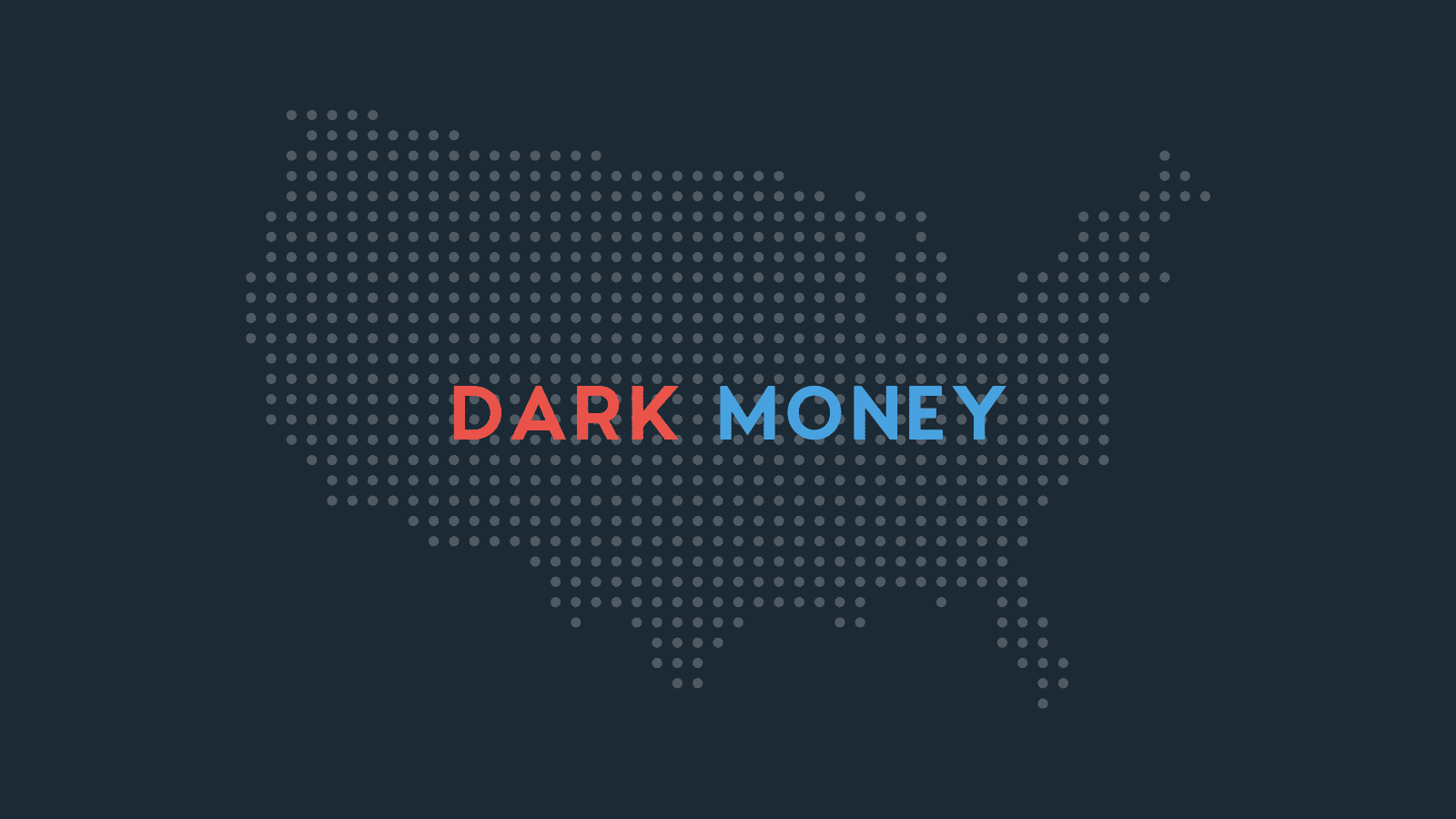“Dark money” generally refers to money that comes from groups that aren’t required to disclose their funders. For example, a politically active nonprofit organization, like a 501(c)4 “social welfare organization,” is not required to disclose its donors, despite the fact that it engages in election-influencing spending. Money with no traceable ultimate source is considered “dark.” A donor can give millions of dollars to a nonprofit, completely anonymously, and that money can then be cycled through many other nonprofits, enabling them to inflate their budgets and further disguise the sources of their funds.
These groups can then spend millions of dollars on campaign ads and other political services. This spending is also hard to track. Though dark money groups are technically supposed to report their spending to the IRS, they often use vague descriptors like “media services” to describe their spending, making it nearly impossible to tell what was actually purchased. Loopholes in FEC rules mean that they don’t have to file their spending with the FEC as long as they place ads 60 days before an election (30 days for a primary) and don’t explicitly call for a vote for or against a candidate.
Super PACs and Dark Money
Technically speaking, Super PACs are not dark money groups. Though they are allowed to raise and spend unlimited amounts of money on elections (just as long as they don’t directly coordinate with candidates), they are required to disclose their donors. Part of the logic of the Citizens United Supreme Court ruling was that unlimited spending would not be harmful to democracy so long as people were able to know who was funding that spending. Unfortunately, the Supreme Court’s rulings themselves enabled dark money groups to invalidate that line of reasoning.
Yes, Super PACs have to disclose their donors. But when the Supreme Court struck down state and federal anti-corruption laws under a theory that any corporation or other entity has a “free speech” right to spend unlimited money to influence elections, wealthy political interests got creative. Now Super PACs may “disclose” their top funder, but that funder may just be a dark money group with a generic name like Majority Forward or One Nation, after which the money trail goes cold. Voters can’t actually learn anything useful about who is pouring billions of dollars into their elections.
What is the solution?
In order to correct the Supreme Court decisions that have enabled this sort of secretive, unlimited spending, we need a Constitutional solution. The For Our Freedom Amendment would offer lasting reform that protects the free speech of every American by allowing the States and Congress to pass reasonable campaign finance regulations and limits.



